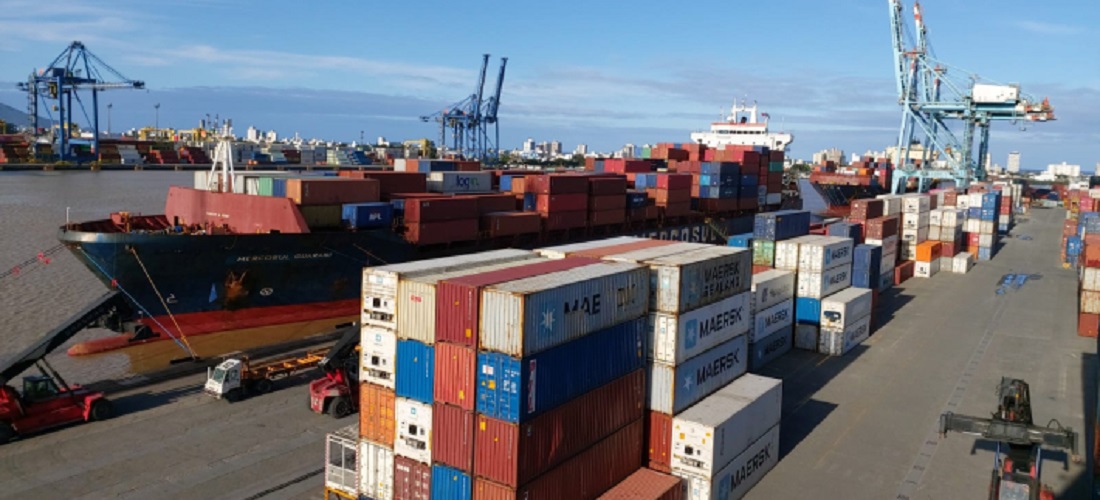
Argentina fears shortages of staple items due to reduced imports
Jun, 29, 2022 Posted by Gabriel MalheirosWeek 202226
The government of Argentina approved a policy to limit imports to save dollars, leading to shortages of staple items such as coffee. The new restrictions, announced on the 27th, may affect the supply of other products such as yerba mate.
The risk of shortages is likely to increase the price of products and fuel inflation – a chronic problem in Argentina that recently went over a 60.7% hike in the consumer price index in May, the highest value in 30 years.
The Argentine Coffee Chamber, for example, has been trying to increase the dollar quota released for the purchase of the product since March, when stocks were already low. In the case of mate, the drought in Corrientes caused a crop failure, which forced companies to buy more of the product from Paraguay and Brazil, but the government did not release the dollars.
On the 27th, the Argentine government announced new restrictions on access to the foreign exchange market, mainly affecting large companies and luxury goods importers. But the Argentine government had been putting restrictions on imports for some time.
“The government has been increasing the costs levied on import operations for some time. The general idea is that it is always possible to control more and more,” said analyst Nicolás Alonzo, an economist at consultancy Orlando Ferreres e Associados. “The costs and tariff barriers for imports are increasing,” he said.
According to La Nación, Argentina’s largest distributor of Apple equipment did not manage to obtain enough dollars to pay for the products that had arrived in the country. As a result, debt negotiation will have to be done directly with the US-based firm.
According to a study conducted by the journal, limitations on imports are also significant in the civil construction sector, with some construction firms already reporting a shortage of parts for truck maintenance, tires, aluminum, silicone, and air conditioning.
The Central Bank of the Republic of Argentina (BCRA) justified the restrictions on the grounds that it needs to hold on to the dollars of its reserves to “respond to the extraordinary foreign exchange needs, to meet the demand for energy imports, and sustain economic growth and development of small and medium enterprise.”
However, government control and other uncertainties surrounding the country’s economy have fueled the dollar price hike. As a result, the blue dollar (parallel quotation) reached a record price of 239 pesos yesterday, the third consecutive daily high. In June, the Argentine peso devalued by 15% on the parallel market, raising the spread with the official quotation to above 90%.
Given the dollar hike, the government managed to roll over 28,250 billion pesos in inflation-linked bonds and other debt securities. However, doubts about the government’s ability to finance itself persist despite the relief.
Source: Valor Econômico
To read the full original article, please go to: https://valor.globo.com/mundo/noticia/2022/06/29/argentina-teme-escassez-com-reducao-de-importacao.ghtml
-
Meat
May, 16, 2025
0
Brazilian Protein Exports: ABPA and ApexBrasil Strengthen Their Alliance
-
Coffee
Nov, 12, 2021
0
Instant coffee exports down; difficulties expected into 2022
-
Grains
Jul, 20, 2020
0
Argentina’s loss in soy oil exports due to Paraná river drought is Brazil’s gain
-
Shipping
Dec, 22, 2023
0
Ships rerouted by Red Sea crisis face overwhelmed African ports

